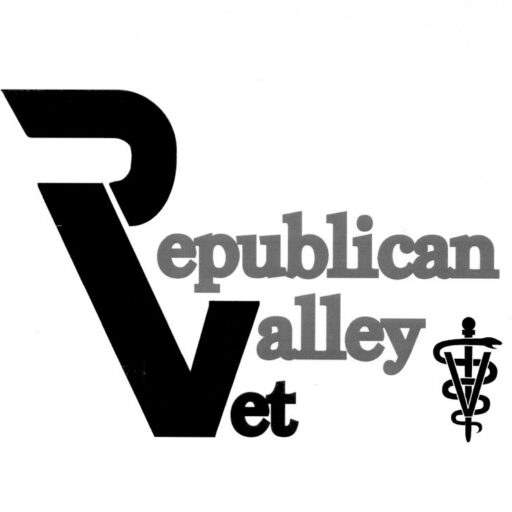Vaccinations are a cornerstone of preventive healthcare for pets. These biological preparations stimulate the immune system to develop immunity against specific diseases, safeguarding your furry companion’s health. By understanding the importance of vaccinations and adhering to a recommended schedule, pet owners can significantly reduce the risk of their animals contracting preventable illnesses.
Core Vaccinations
Core vaccinations are essential for all dogs and cats, regardless of their lifestyle. These vaccines protect against highly contagious and potentially fatal diseases. It’s crucial to keep these vaccinations up-to-date to ensure optimal protection.
Canine Core Vaccinations:
- Distemper: A highly contagious viral disease affecting the respiratory, gastrointestinal, and nervous systems. Symptoms include fever, vomiting, diarrhea, respiratory issues, and neurological problems.
- Adenovirus: This virus causes two primary illnesses: infectious canine hepatitis, affecting the liver, and canine infectious tracheobronchitis, leading to kennel cough.
- Parvovirus: A highly contagious gastrointestinal virus causing severe vomiting, diarrhea, dehydration, and potentially death.
- Parainfluenza: A common cause of kennel cough, a respiratory infection characterized by coughing and sneezing.
Feline Core Vaccinations:
- Feline Viral Rhinotracheitis (FVR): A highly contagious upper respiratory infection causing sneezing, coughing, and eye discharge.
- Calicivirus: Another upper respiratory infection causing oral ulcers, fever, and difficulty breathing.
- Panleukopenia: A highly contagious viral disease affecting the gastrointestinal system, bone marrow, and lymphoid tissues.
Lifestyle Vaccinations
While core vaccinations provide essential protection, additional vaccines may be recommended based on your pet’s lifestyle. Factors such as whether your pet spends time outdoors, goes to boarding kennels, or travels influence the need for specific vaccinations.
Dogs:
- Bordetella: Protects against kennel cough, a highly contagious respiratory infection.
- Lyme disease: Transmitted by ticks, this bacterial infection affects multiple organ systems.
- Rabies: A fatal viral disease affecting the nervous system.
Cats:
- Feline Leukemia Virus (FeLV): A contagious cancer that weakens the immune system.
- Feline Immunodeficiency Virus (FIV): A virus that weakens the immune system.
Vaccination Schedule and Common Misconceptions
The vaccination schedule for puppies and kittens typically involves a series of shots at specific intervals. It’s essential to consult with your veterinarian to determine the appropriate vaccination plan for your pet.
Puppy/Kitten Vaccination Schedule:
- A series of vaccinations is usually administered at 6, 9, and 12 weeks of age, followed by booster vaccinations.
- The specific schedule may vary depending on factors such as the pet’s breed, health, and lifestyle.
Common Vaccination Misconceptions:
- Over-vaccination: While it’s important to keep vaccinations up-to-date, over-vaccination is not recommended. Consult your veterinarian to determine the necessary vaccines.
- Vaccine Safety: Vaccines undergo rigorous testing and are generally considered safe. However, like any medical procedure, there is a small risk of adverse reactions. Discuss potential side effects with your veterinarian.
The Importance of Vaccinating Your Pet
Vaccinating your pet is not only important for their individual health but also for the health of the community. By vaccinating your pet, you help to protect other pets from contracting preventable diseases. This is especially important for pets that live in close proximity to each other, such as in shelters or boarding kennels.
Additional Considerations for Pet Vaccinations
In addition to the core and lifestyle vaccinations discussed above, there are a few other factors to consider when discussing vaccinations with your veterinarian:
- Pet’s Age and Health: Certain vaccines may not be appropriate for pets with underlying health conditions or older pets.
- Pet’s Lifestyle: If your pet spends a lot of time outdoors or in contact with other animals, they may require additional vaccinations.
- Travel Plans: If you plan to travel with your pet, you may need to obtain specific vaccinations or health certificates.
- Veterinarian Recommendations: Ultimately, the decision of which vaccinations are right for your pet should be made in consultation with your veterinarian.
Protecting Your Pet’s Health in Saint Francis, Kansas
Vaccinating your pet is a crucial step in ensuring a long and healthy life. By working closely with your veterinarian in Saint Francis, Kansas, you can create a personalized vaccination plan that addresses your pet’s specific needs. Remember, prevention is key when it comes to protecting your furry friend from contagious diseases.
At Republican Valley Veterinary Clinic, we are committed to providing comprehensive veterinary care, including essential vaccinations. Contact us today to schedule a wellness exam and discuss your pet’s vaccination needs. Our team is dedicated to keeping your pet happy and healthy.


